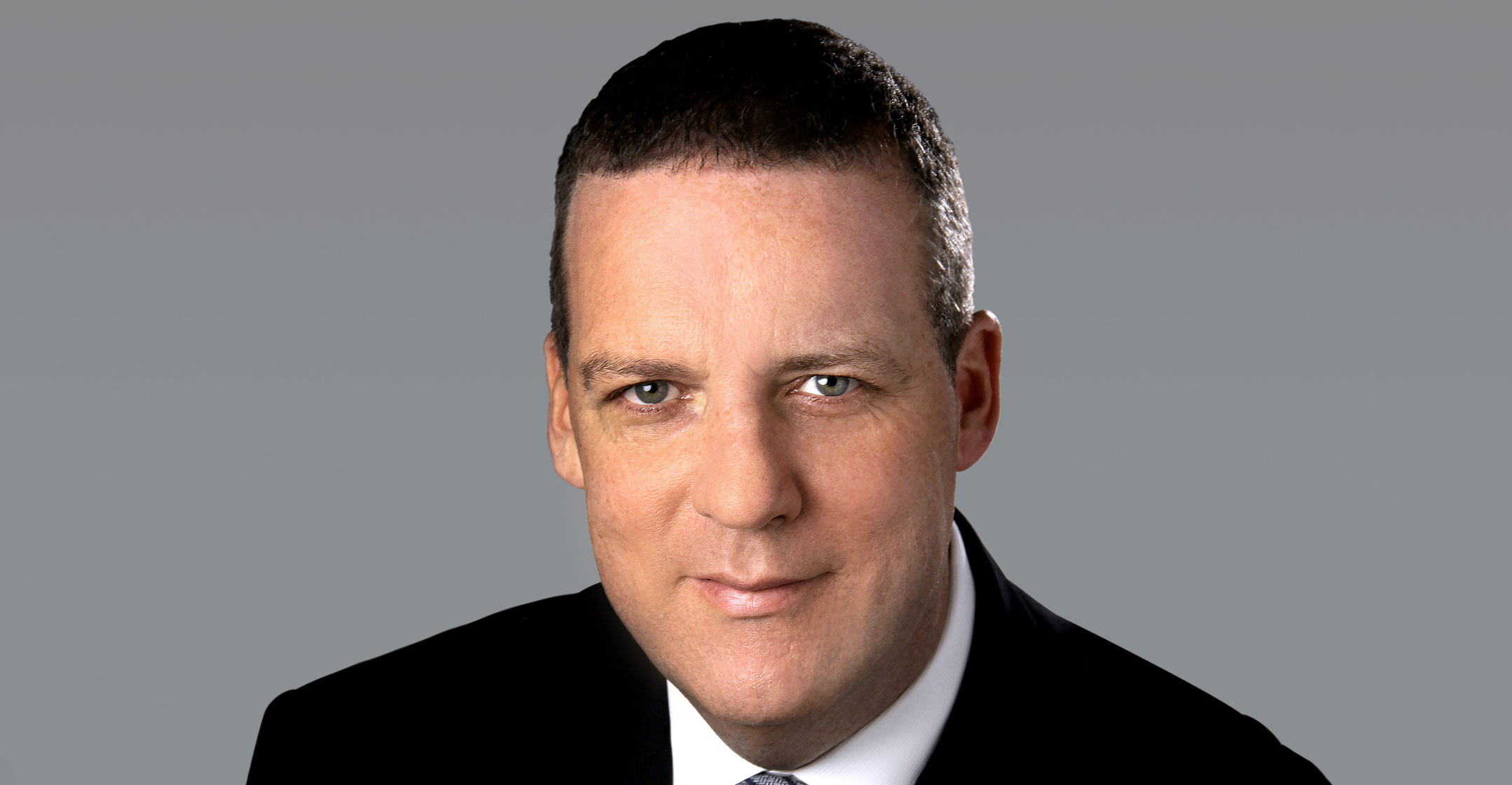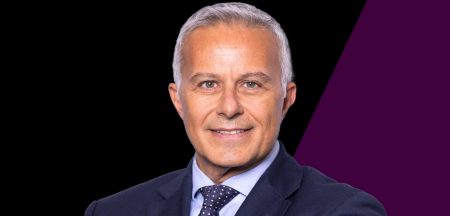
After HP rebuffed Xerox’s attempted US$34-billion takeover attempt, don’t be surprised if the printer company’s next step is to say, “You don’t buy us, we buy you.” But don’t expect any offer to be generous.
A counteroffer from its bigger rival may have been Xerox’s plan all along. The two companies have been involved in tentative talks about a combination at various times over the past few years. Xerox’s ploy, which would have involved taking on considerable debt, looks to have at least succeeded in bringing HP back to the negotiating table.
The problem for Xerox CEO John Visentin is that HP holds most of the cards. Xerox is significantly smaller — before takeover talks resurfaced, HP’s $28-billion market capitalisation made it more than three times as large. The debt to fund the deal would have been secured against HP’s own free cash flow.
That means HP could just as readily use its debt capacity to buy back its own shares. Repurchasing 20% of the stock at $23/share would cost less than $7-billion, represent a premium to the offer from Xerox and still leave HP’s net debt well below twice its estimated 2020 earnings before interest, taxes, depreciation and amortisation. Were Xerox the acquirer, debt at the combined entity would rise above four times Ebitda.
In the letter rejecting the offer on Sunday, HP CEO Enrique Lores and chairman Chip Bergh alluded to the possibility, saying they could deploy their “strong balance sheet for increased repurchases”. In essence, Xerox’s competing bidder for HP is HP itself. The Palo Alto, California-based company could generate just as much short-term value for its existing shareholders as the Xerox bid.
The challenge for Xerox is to convince HP that a counteroffer makes sense. To do that, it will need to demonstrate either that a combination would generate healthier returns than HP would with a share buyback or that the companies will be stronger in the long term if they team up. Ideally, it does both.
Serious concessions
Xerox contends it has identified $2-billion in savings, most of which would likely come from firing a lot of people in administrative and R&D jobs. An offer from HP at a 30% premium to Xerox’s current share price would cost it close to $11-billion. Based on analysts’ earnings estimates, that might generate returns after three years of just more than 13%. That’s more than Xerox’s cost of capital but considerably less short-term value than HP could generate through a buyback. Even at a premium to its average price over the past year, returns would still be around only 15%.
That means Xerox would have to make serious concessions on price, including accepting a bid that leans more heavily on stock than cash, with the expectation that shareholders benefit from the uplift. Investors might prefer that anyway: the two companies share nine of their top 20 shareholders in common.
HP’s low debt is the reason Xerox could think of a takeover to begin with. It also gives the company strong reasons to walk away. — Reported by Alex Webb, (c) 2019 Bloomberg LP




